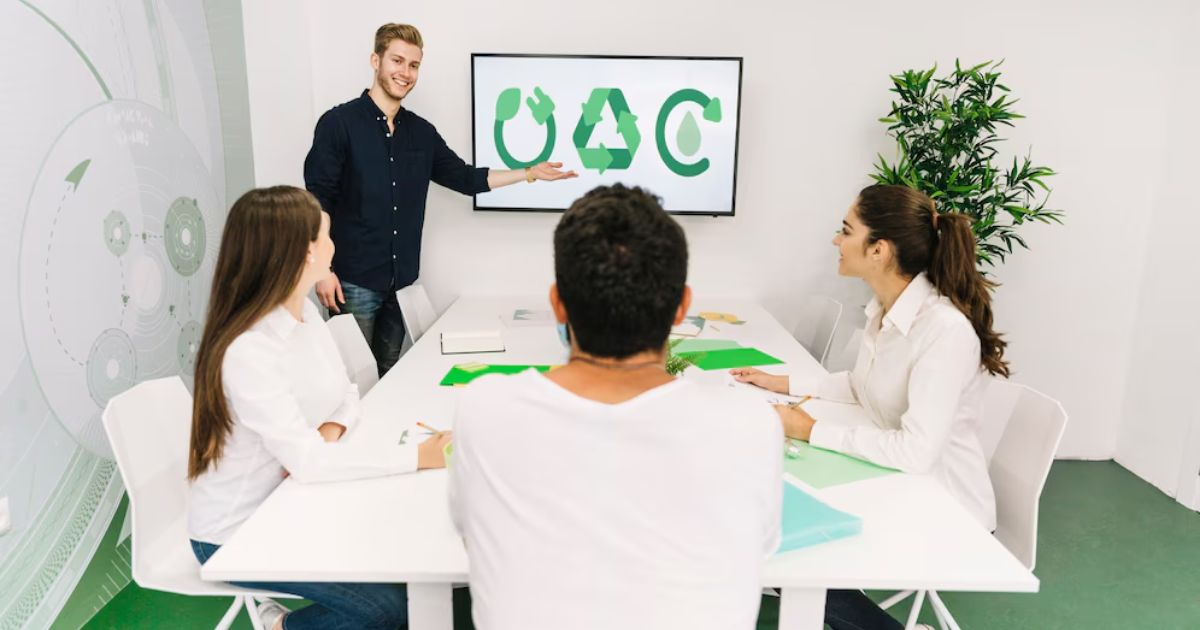
Step-by-Step Guide to Getting EPR Authorization in India
EPR Authorization is a must in India for anyone who is involved in the waste business as a producer, manufacturer, importer or brand owner. To run plastic waste, tyre waste, or battery waste business getting an Extended Producer Responsibility or EPR is the main requirement.
Just like the name suggests, being a responsible producer to recycle waste in the best manner to protect the environment is the main objective that EPR authorization places on anyone who is related to the waste business. So, if your waste business is running in India, then you must apply for the EPR registration to obtain certification from the Central Pollution Control Board. Find more details here in this blog.
Who Needs EPR Registration?
According to the E-waste Management Rules 2022, Plastic Waste Management Rules 2022, Battery Waste Management Rules 2022 and Waste Tyre Management Rules, the requirement for EPR is mentioned below:
- EPR Authorization is necessary for anyone who is producing, importing or are owner of brands of plastic packaging, electronics goods, lithium-ion batteries or lead acid or Type producing respectively.
- These producers put their products subject to the EPR program standards as per the applicable jurisdiction, either through domestic manufacturing or importation.
Documents for EPR Authorization in India
The documents will vary based on the specific application of EPR authorization, so the producers have to figure out the waste generated by their products. Check out the generic documents required for this authorization:
- ID Proof
- Address Proof
- GST Details
- PAN Details
- EPR Plan
- Process Flow Diagrams
- Estimate of Waste Generation
- CIN Details
- Consent by SPCB OR PCC
- DIC Registration
- Declaration of RoHS Compliance
- Copy of Agreement with the Recyclers, Dismantlers and Disposal Facilities
- Authorization of Recyclers and Dismantlers
- Import Export Code
How to Apply for an EPR Registration?
To be able to ship products to the market, all the involved people must have an EPR authorisation from the Central Pollution Control Board. So, if you are seeking to obtain the same, check out the process:
- Step 1. Documentation: Before starting the EPR authorization all the necessary documents should be checked.
- Step 2. Application Form: After that visit the online registration of the Central Pollution Control Board (CPCB) and fill out the application form.
- Step 3. Complete the Form: Fill out the asked details in the application form and upload the necessary documents.
- Step 4. Verification: The verification will be done by the CPCB. However, in case of any discrepancies, the changes can be done within 25 days of form submission.
- Step 5. Grant: Once the verification is approved, the EPR authorization will be granted within 120 days starting from the date of application form submission.
- Step 6. Refusal: However, in response to a violation of any CPCB regulations, the application will be rejected by the officials. The application form will be returned if there is no response within 45 days of rejection or in case the information of rejection is not highlighted. CPCB will also give the applicants a chance within a month starting from the application return day.
How will Om Garuda help in getting an EPR Certificate?
With Om Garuda, your EPR certification obtaining process becomes easier, check out more below:
- Assistance: Extensive assistance in getting an EPR certificate for plastic waste, electronic waste and battery waste will be provided by Om Garuda.
- Product End-Life Management: Complete support in product end-life management such as refurbishing, recycling back to life and collecting waste will be given.
- Coordination: Keeping in touch with the recyclers to complete the entire process, so that getting the authorization becomes hassle-free.
- Assistance in Management: Om Garuda will also help with the application process, documentation and obtaining an EPR license from the CPCB.
- Product Waste: From arranging the waste of a company's product based on the given target to recycling it back on time, they will help in managing your product waste.
Conclusion
In case anyone involved in the waste business fails to obtain the EPR certification, they will have to face legal notices and penalties for violating rules and regulations. So, whether it’s an EPR certificate for import or export, keep your documents and fill out the application form accordingly to get the grant from the CPCB.
